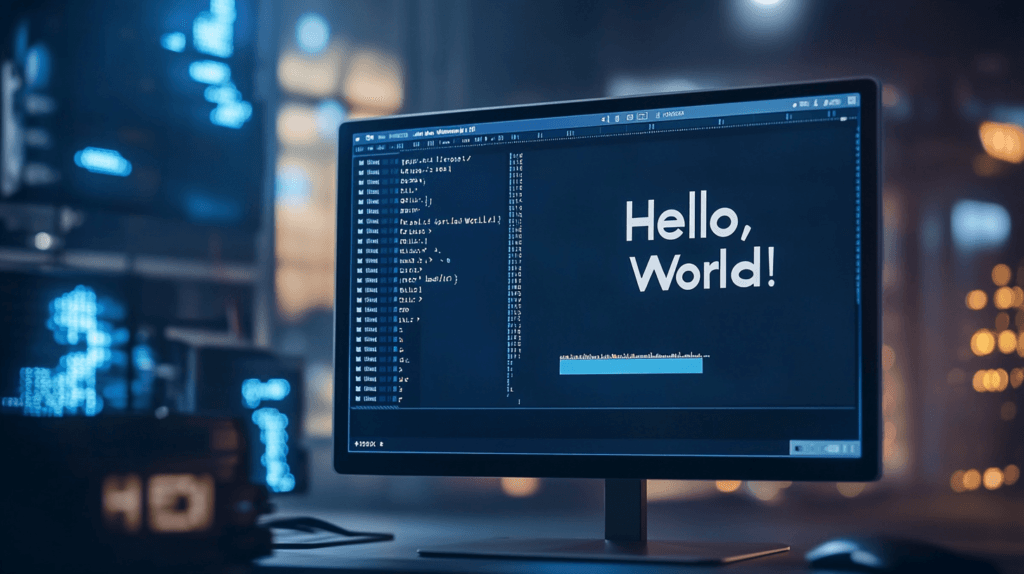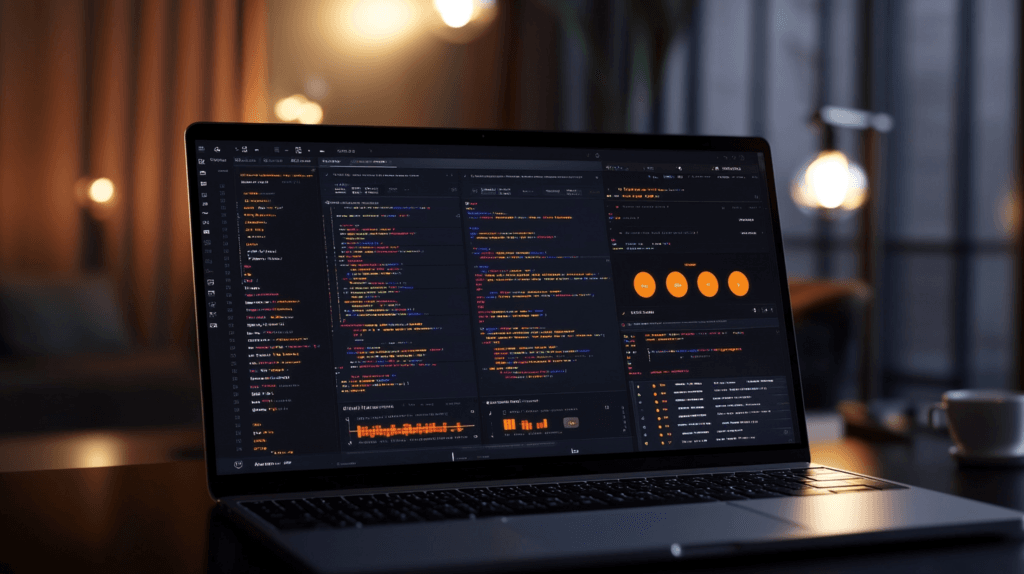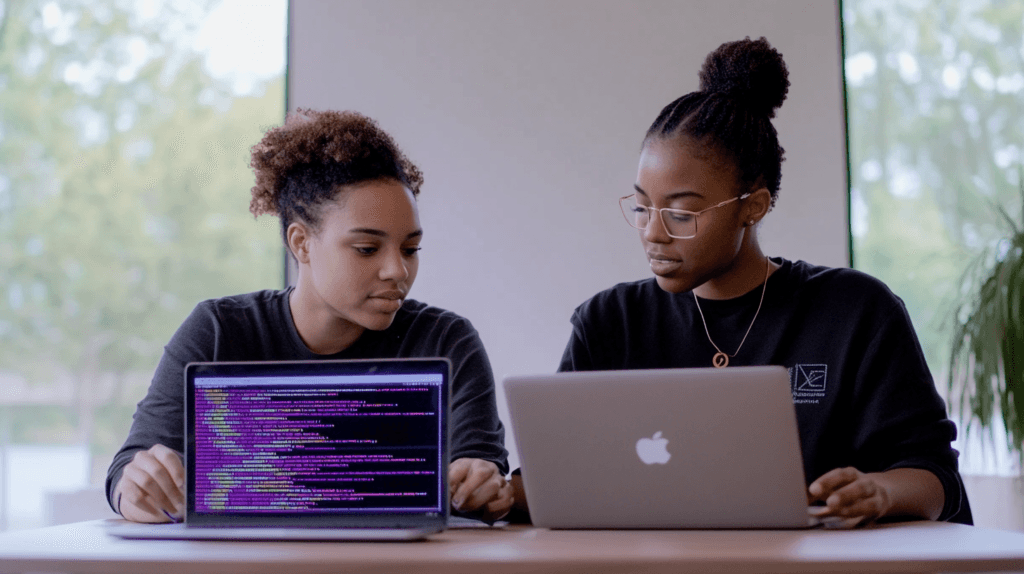Coding for Beginners: Where to Start and How to Stay Motivated
In the modern digital world, coding has become an essential skill that opens up a wide range of opportunities. Whether you want to build websites, create apps, automate tasks, or even start a career in tech, learning to code is a fantastic place to begin. But for beginners, the sheer volume of information and options can be overwhelming. This article will guide you on where to start coding and how to stay motivated throughout your learning journey.
Why Learn to Code?
Coding is often referred to as the language of the future. It allows you to communicate with computers and create technology that makes life easier and more enjoyable. Learning to code can:
- Improve Problem-Solving Skills: Coding teaches logical thinking and how to break down complex problems into manageable steps.
- Open Up Career Opportunities: With technology being integral to every industry, coding skills are in high demand.
- Encourage Creativity: Coding is a creative process where you bring ideas to life, whether through websites, games, or apps.
No matter your motivation, understanding where to start and how to maintain momentum can make all the difference in your coding journey.
Where to Start Coding as a Beginner
For beginners, there are several coding languages, platforms, and resources to explore. Here’s a step-by-step guide to getting started:
1. Choose the Right Programming Language
Selecting the right language depends on your goals and interests. Here are some beginner-friendly programming languages to consider:
- Python: Known for its simple syntax, Python is one of the most recommended languages for beginners. It’s versatile and used in various fields, including web development, data analysis, and automation.
- JavaScript: If you’re interested in building websites, JavaScript is essential. It’s the language of the web, used to add interactivity and functionality to web pages.
- HTML & CSS: These are the building blocks of web development. HTML structures web content, while CSS styles it. They are not programming languages per se, but they are crucial for anyone interested in web design.
- Scratch: Designed for absolute beginners, Scratch is a block-based language that teaches basic coding concepts through fun, interactive projects. It’s especially great for kids.

2. Find the Right Learning Platform
The internet is full of resources for learning to code. Some popular and beginner-friendly platforms include:
- Codecademy: Offers interactive lessons for various programming languages and is great for hands-on learners.
- Udemy: Provides a wide range of courses, often with video tutorials that can be watched at your own pace.
- freeCodeCamp: A free resource that offers an extensive curriculum on web development and JavaScript.
- Coursera: Offers courses from top universities that can help you learn at a structured pace.
Pick a platform that suits your learning style—whether it’s reading, watching tutorials, or doing interactive exercises.
3. Practice by Building Projects
Once you have grasped the basics of a language, the best way to learn is by doing. Start building small projects to apply what you’ve learned. Some beginner projects include:
- Building a Personal Portfolio Website: Use HTML, CSS, and JavaScript to create your own website.
- Making a Simple Calculator: Using Python, create a program that performs basic calculations.
- Interactive Games: Create small games like “Guess the Number” to practice logic and conditionals.
Projects help you understand how coding works in real-life scenarios and make the learning process more enjoyable.

4. Join a Coding Community
Learning to code on your own can sometimes feel isolating. Joining a coding community can provide support, answer your questions, and keep you motivated. Some popular coding communities include:
- GitHub: It’s not just for hosting code; GitHub also has an active community where you can collaborate on projects.
- Stack Overflow: A Q&A platform where you can ask coding questions and learn from other developers.
- Reddit: Subreddits like r/learnprogramming are great places to ask questions and share progress.
- Discord and Slack Groups: Many coding bootcamps and online communities have Slack or Discord channels for real-time discussion.
5. Keep Practicing with Coding Challenges
Practice is essential to becoming proficient in coding. Platforms like HackerRank, LeetCode, and Codewars offer coding challenges that help reinforce your understanding of different concepts and improve problem-solving skills. Start with easy challenges, and gradually work your way up to more complex problems.

How to Stay Motivated While Learning to Code
Motivation can fluctuate, especially when you encounter challenges. Here are some tips to keep you motivated throughout your coding journey:
1. Set Clear Goals
Define why you want to learn to code and set clear, achievable goals. It could be something as simple as “I want to build my personal website” or “I want to learn Python to automate tasks.” Having specific goals keeps you focused and provides a sense of direction.
2. Celebrate Small Wins
Every step forward is progress. Celebrate small achievements, like successfully running your first program or completing a challenging coding exercise. Recognizing these milestones helps you stay positive and motivated.
3. Break Down Learning into Small Steps
Coding can feel overwhelming if you try to take on too much at once. Break down your learning process into small, manageable steps. Focus on one concept at a time—whether it’s variables, loops, or functions—and practice it thoroughly before moving on to the next.
4. Apply What You Learn
Applying your knowledge in real projects helps solidify your skills and gives you a sense of accomplishment. Even small projects, like a to-do list app, can have a big impact on your motivation.
5. Embrace the Learning Process
Coding can be challenging, and it’s normal to make mistakes. Instead of getting discouraged, embrace the learning process. Debugging and problem-solving are integral parts of coding. Treat each error as an opportunity to learn and improve.
6. Find a Study Buddy or Mentor
Having someone to learn with can keep you accountable and make the experience more enjoyable. You could find a coding buddy or seek mentorship from someone experienced. There are many online communities where you can connect with others learning to code.

7. Take Breaks and Avoid Burnout
Coding can be intense, especially if you’re learning something new. Make sure to take breaks, relax, and avoid burnout. The Pomodoro Technique—working for 25 minutes and taking a 5-minute break—can help you stay productive without overwhelming yourself.
Conclusion
Learning to code is an exciting journey that opens up numerous possibilities. Starting with the right programming language, using effective learning platforms, and applying your skills in projects are crucial first steps. Equally important is staying motivated—setting clear goals, celebrating small wins, and finding a supportive community can make all the difference in keeping your enthusiasm alive.
No matter how tough it gets, remember that every expert coder was once a beginner. With dedication, practice, and the right mindset, you can master coding and unlock your potential in the tech world.





No Comment! Be the first one.